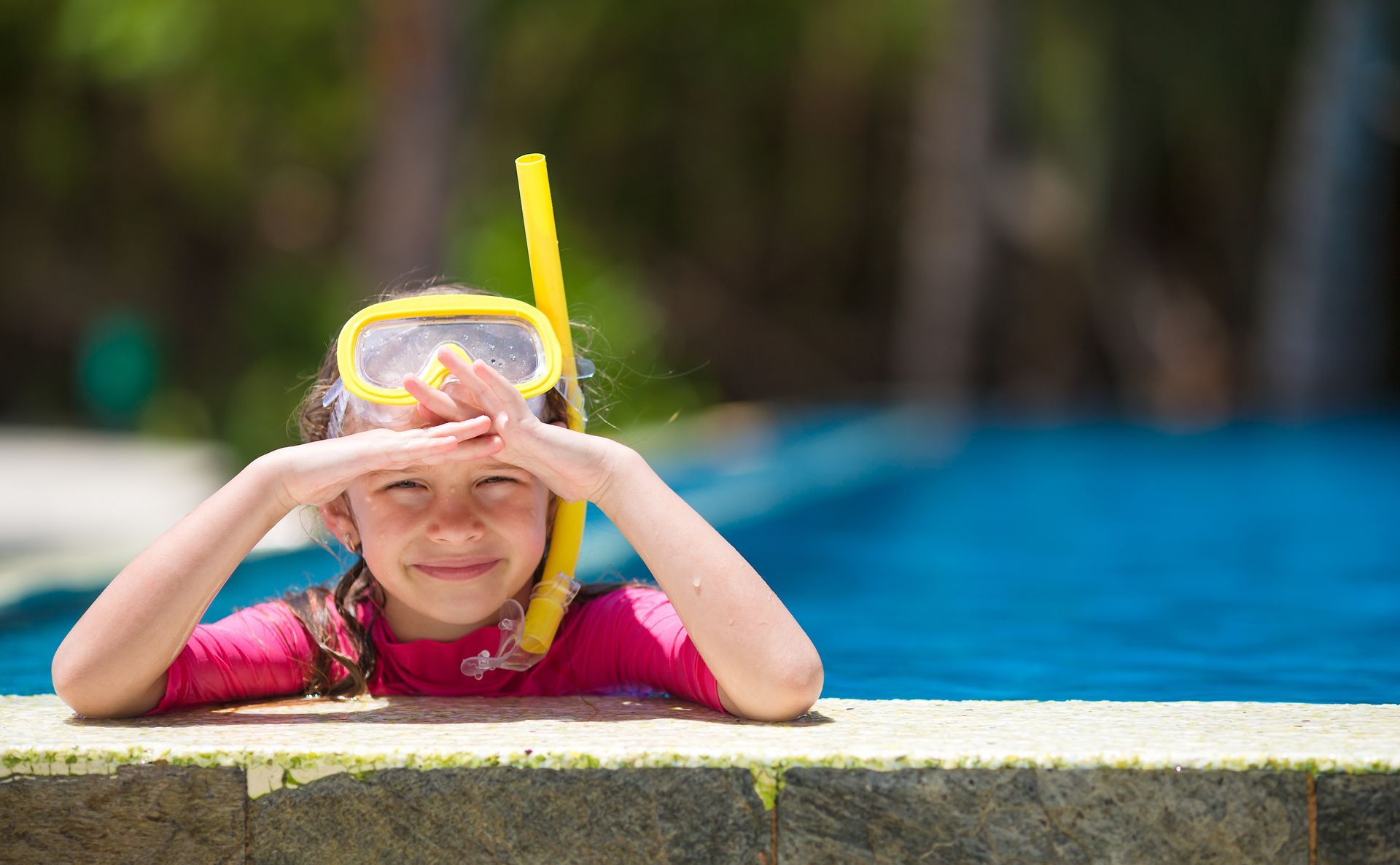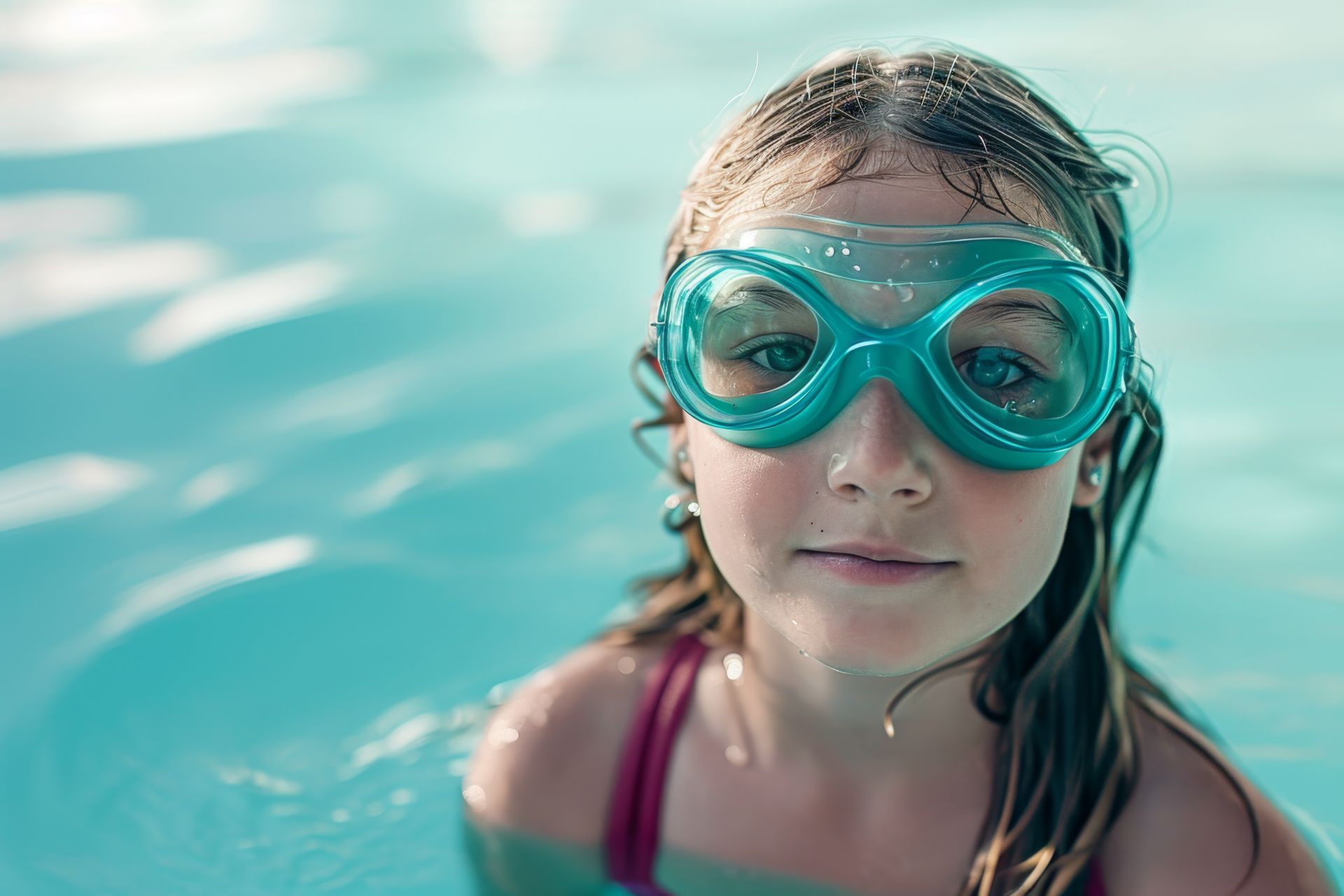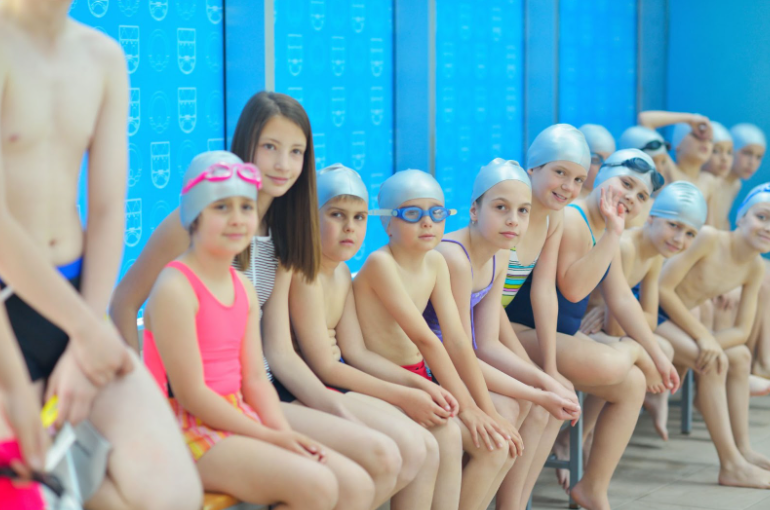Myths of Winter Swimming

Many parents face a dilemma in the winter months: “to swim, or not to swim?”
Old wives tales concerning children’s health in the winter are often taken as fact. When it comes to telling the difference between heath basics and popular mythology, parents don’t always have all the right information. Dr. Norris Payne of Payne Pediatrics offers some facts to dispel these myths.
MYTH #1: Swimming, cold, and wind can cause ear infections.
FACT : Middle ear infections (otitis media), common in small children, are caused by viruses and infectious colds. Typically, fluids from the Eustachian tubes in the ear drain through the nose and throat. During illness, passages constrict and the fluid builds up and may become infected. Swimmer’s ear seems to be a combination of factors. Warm humid air, warm water, length of time exposed to water, the natural enzymatic activity in the ear canal and the presence of bacteria are factors that predispose the ear to swimmer’s ear.
MYTH #2: A clear, runny nose is not contagious.
FACT: A clear, runny nose does not necessarily indicate a lack of infection. On the other hand, a colored discharge does not necessarily mean infection. Other symptoms should be considered as well as the length of time the symptoms have been present.
MYTH #3: Going outside with wet hair will cause a cold.
FACT: Wet hair, icy temperatures, and exposed heads don’t cause colds. Only viruses do! Rhinovirus survives better from late spring through early fall, when humidity is high.
MYTH #4: Most colds are caught in the winter.
FACT: Don’t let the name fool you– most “colds” are caught in the spring and the fall. The virus which causes colds becomes largely dormant in the winter.
MYTH #5: Sudden changes in temperature or getting caught in the rain will cause colds.
FACT: If one becomes ill after experiencing these weather conditions, Dr. Payne believes the illness and the weather are just a coincidence. Viruses cause colds, not the weather. However, Dr. Payne does agree changes in weather conditions may cause allergies to flare up. Sneezing and runny noses lasting a few days are indications of an allergic reaction; colds last about 1-2 days.
Portions of this article have been reprinted with permission from Parentimes Magazine.
The post Myths of Winter Swimming appeared first on Swim Jim.







